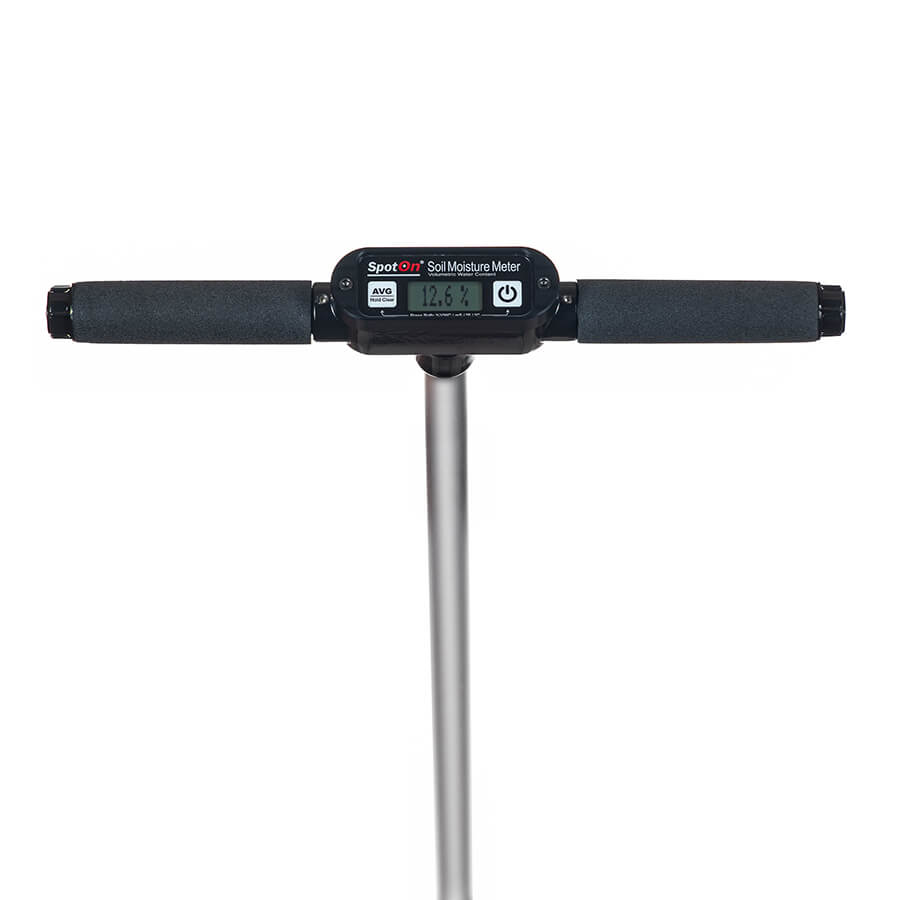Why Every Property Owner Needs a Moisture Meter: Key Benefits and Functions
Why Every Property Owner Needs a Moisture Meter: Key Benefits and Functions
Blog Article
The Ultimate Overview to Wetness Meters: A Comprehensive Summary and Just How They Can Conserve You Cash
In the realm of structure maintenance, building and construction, and numerous markets, the importance of precisely determining dampness levels can not be overstated. Moisture meters function as essential tools in spotting and checking moisture material in products, assisting in preventing costly damages and making sure the top quality of products. Comprehending the nuances of various types of wetness meters, their applications, and the prospective cost-saving benefits they provide can be a game-changer for organizations and experts alike. Discovering just how these gadgets can not only streamline processes yet additionally contribute to monetary savings is a journey worth starting.
Kinds Of Wetness Meters
Different kinds of wetness meters are available for different applications in different sectors. One typical type is the pin-type wetness meter, which measures the electric resistance in between 2 pins put right into a product. This type is appropriate for timber, drywall, and other building products. Pinless wetness meters, on the various other hand, usage electro-magnetic sensor plates to check a larger location without causing damage to the product's surface. Moisture Meter. These meters are ideal for quickly analyzing dampness degrees in huge locations such as wall surfaces and floors.

Infrared dampness meters determine the thermal residential or commercial properties of a product to identify its wetness material non-invasively, making them beneficial for applications where pin or pinless meters might not be ideal. Recognizing the different kinds of wetness meters offered can help industries choose the most suitable tool for their details dampness measurement demands.

Advantages of Utilizing Dampness Meters
Moisture meters offer important benefits in properly evaluating and keeping track of moisture degrees in diverse products and environments. One of the primary advantages of making use of dampness meters is the prevention of possible damages created by excess wetness.
Moreover, making use of moisture meters can result in increased power performance. By identifying locations with high dampness levels, such as leakages or bad insulation, adjustments can be made to boost power preservation and decrease energy costs. In agricultural setups, wetness meters play a critical function in maximizing plant yields by allowing farmers to keep track of dirt dampness levels and make notified irrigation decisions. Generally, the benefits of making use of moisture meters span throughout various markets, offering cost-effective services and promoting far better high quality control practices.
How to Pick the Right Dampness Meter
When picking a wetness meter, it's vital to ensure that the meter is ideal for the certain product you will certainly be testing. Different materials have varying electric properties that can affect moisture readings, so picking a meter made for your product is critical for accurate outcomes. By meticulously examining these aspects, you can Recommended Site choose a dampness meter that satisfies your demands and provides accurate wetness measurements for your tasks.
Correct Methods for Dampness Meter Use

Price Savings Via Dampness Meter Applications
Exactly how can the calculated use of dampness meters lead to significant price savings throughout various markets? In the farming market, moisture meters help in identifying the ideal time for harvesting crops, avoiding over-drying or excess wetness that can affect the final product's quality.
Likewise, in construction, moisture meters assist stop costly problems by discovering dampness levels in building materials, such as timber or concrete, which can cause architectural issues if not dealt with quickly. By determining trouble locations early on, service providers can take restorative steps to prevent comprehensive repairs or replacements, inevitably saving money and time.
Additionally, in the food processing market, wetness meters are necessary for keeping an eye on item quality and guaranteeing conformity with safety laws. By properly measuring dampness content in food, manufacturers can stop perishing, keep quality, and lower waste, causing significant cost financial savings. Overall, the calculated application of moisture meters is an important investment that can lead to significant cost decreases and improved performance throughout different sectors.
Verdict
In final thought, dampness meters are important tools for gauging and finding moisture degrees in various products. By making use of the appropriate wetness meter and adhering to proper methods, users can effectively prevent expensive problems caused by excess wetness.
Moisture meters serve as indispensable devices in identifying and monitoring moisture content in materials, assisting in protecting against pricey problems and making certain the top quality of products. Infrared dampness meters determine the thermal buildings of a product to determine its wetness web content non-invasively, making them helpful for applications where pin or pinless meters might not be appropriate.Dampness meters offer important benefits in properly evaluating and keeping track of dampness levels in diverse products and atmospheres. In agricultural settings, moisture meters play a crucial role in enhancing plant yields by making it possible for farmers to keep track of dirt wetness degrees and make educated irrigation link decisions.In final thought, wetness meters are useful devices for determining and finding moisture degrees in numerous products.
Report this page